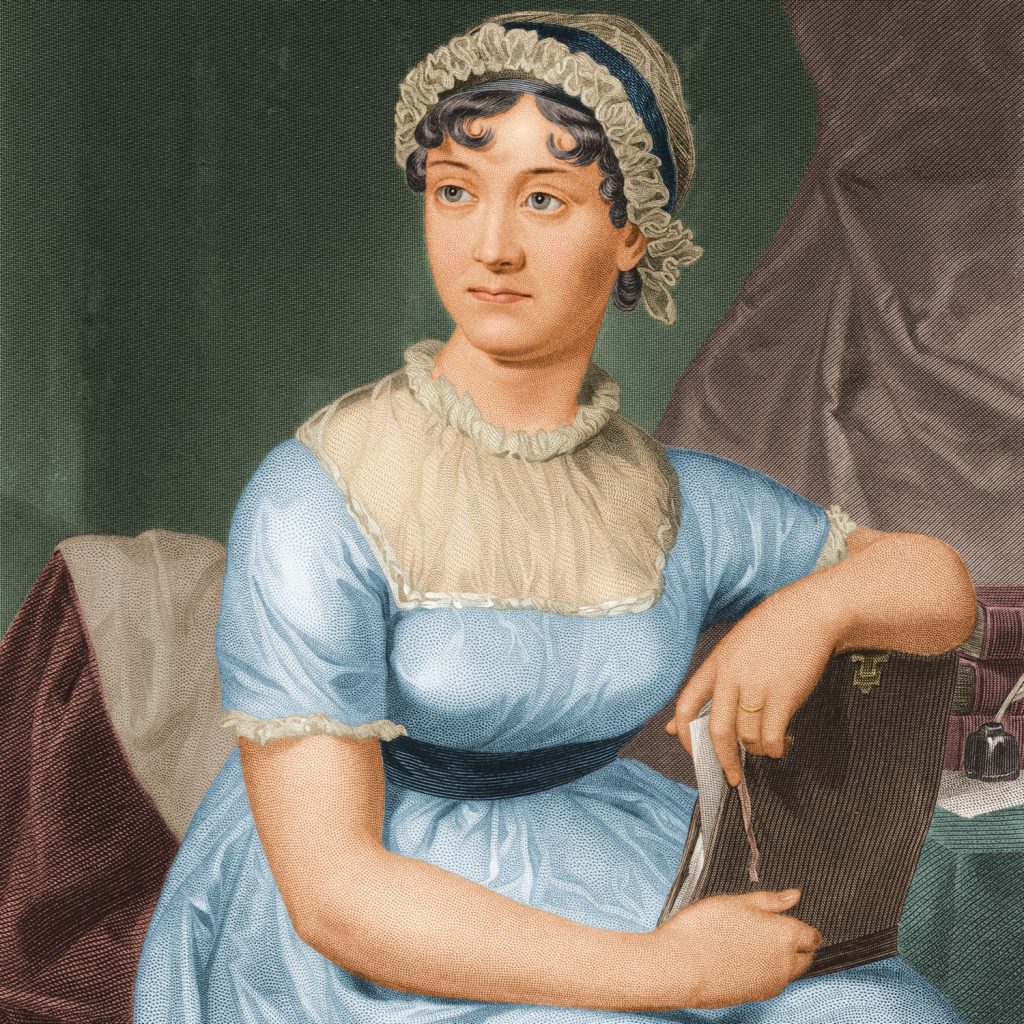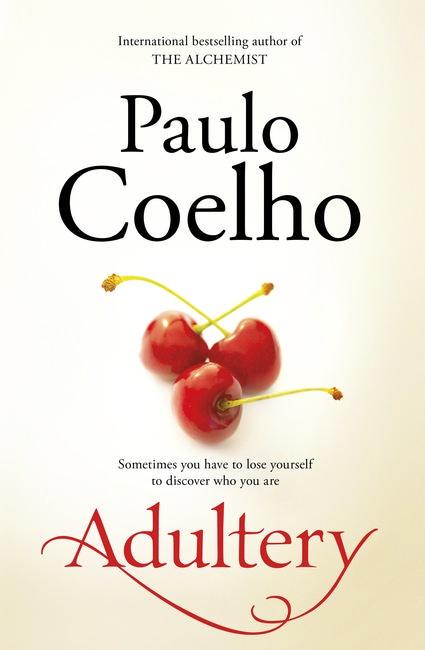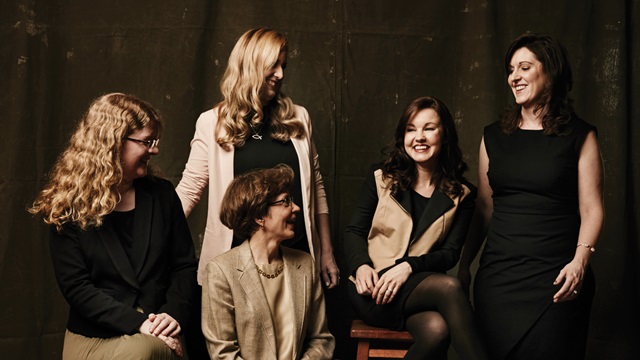 The story of Martha and Mary is well known. Jesus visits their village and Martha welcomes him into her home. With Jesus, of course, comes his whole entourage: disciples and other followers. Martha gets busy making preparations for meals and other hospitality. Mary, on the other hand, sits down at Jesus’ feet to listen to his teaching. Martha is more than a little put out:
The story of Martha and Mary is well known. Jesus visits their village and Martha welcomes him into her home. With Jesus, of course, comes his whole entourage: disciples and other followers. Martha gets busy making preparations for meals and other hospitality. Mary, on the other hand, sits down at Jesus’ feet to listen to his teaching. Martha is more than a little put out:
But Martha was distracted by all the preparations that had to be made. She came to him and asked, “Lord, don’t you care that my sister has left me to do the work by myself? Tell her to help me!” (v. 40).
She was probably not merely distracted, but pressured and stressed. She could have approached Mary directly and asked her help, but instead approaches Jesus, asking him to address Mary on her behalf. I wonder if things might have gone differently if Martha had quietly addressed Mary directly. Instead she questions Jesus—with a question that has a hint of accusation; “don’t you care?” Martha’s annoyance was not without cause: there was much to be done, and it is likely that Mary would usually participate in all the work of preparation. Showing hospitality to guests was a crucial cultural requirement in ancient Israel, and Martha was doing what she and Mary could be expected to do. We need also remember that Martha was doing good, working hard to serve others, to serve the Lord.
Jesus answers Martha, but not as she might have hoped. He ignores her request, refusing to act as a go-between between Martha and her sister. It suggests that perhaps she should have been more direct. (Note to self! How often do I pray that God might do something because I am hesitant to address a situation that I am, in fact, responsible for?) But nor does he take her implicit criticism personally. He does gently correct her, however, his “Martha, Martha” naming, acknowledging, and recognising her.
“Martha, Martha,” the Lord answered, “you are worried and upset about many things, but only one thing is needed. Mary has chosen what is better, and it will not be taken away from her” (vv. 41-42).
Somehow Jesus perceives that Martha’s upset in this instance is characteristic of her life in many things. Nevertheless, only one thing is needed—“man does not live on bread alone” (Luke 4:4)—and this, Mary has chosen. Jesus’ words here are revolutionary in at least two ways. First is his insistence that only one thing is needed; the one necessary thing, the one crucial element without which we cannot go on, the one essential of all discipleship and ministry—to sit in Jesus’ presence and hear his teaching, his word of instruction, command, and promise. Second, Mary has chosen this. A woman might normally be expected to be working behind the scenes, involved in the preparations, doing that traditionally assigned as women’s roles. But Mary has chosen something different “and it will not be taken away from her.” “No,” Jesus is saying, “I will not tell your sister to help you. What you are doing is good and important, valued and required. What Mary has chosen is better.” A woman might choose a different path to traditional expectation, and Jesus will commend rather than rebuke her, if that path is to sit at his feet as a disciple, and to hear his word.
A prominent feature of Luke’s gospel is his frequent—and surely deliberate—use of women as models of discipleship. The contrast between Martha and Mary is that between good and better, and Mary serves as an example of the ‘better’ that every disciple might emulate. At the beginning of another year which will likely be just as busy, just as difficult and pressured and demanding and work-filled and distraction-filled and stressed as the last year was, it is imperative that we pause to remember the one thing needed: to sit in Jesus’ presence and listen to his teaching, allowing him to address us, hearing his word, and of course, doing it (Luke 11:28).




 In this context, then, the positive marital-sexual vision of verses 15-20 is set forth. Here the language is that of abundance, of a well-watered garden—a very rich and evocative image in a desert landscape. Not simply evocative, the language is overtly erotic, “wells” and “fountains” imaging the female and the male sexual partners. It seems likely that the partners have been married for some time since the passage refers to the husband’s wife as “the wife of your youth” (v. 18; Cf. Ecclesiastes 9:9). As already noted, the addressee of the passage is especially the man, who is admonished to be satisfied in her love, with her breasts, to view her in terms of the grace and vigour of a doe. He is to drink water from his own cistern—not that of others—and likewise, keep his streams “out of the streets.” He is to rejoice in his wife, and she evidently, in her husband. Their congress is a joyful meeting, unrestrained and, one hopes, mutually exhilarating. She remains the only object of his sexual desire through the years, the only well from which he draws water, the only guest to visit his fountain.
In this context, then, the positive marital-sexual vision of verses 15-20 is set forth. Here the language is that of abundance, of a well-watered garden—a very rich and evocative image in a desert landscape. Not simply evocative, the language is overtly erotic, “wells” and “fountains” imaging the female and the male sexual partners. It seems likely that the partners have been married for some time since the passage refers to the husband’s wife as “the wife of your youth” (v. 18; Cf. Ecclesiastes 9:9). As already noted, the addressee of the passage is especially the man, who is admonished to be satisfied in her love, with her breasts, to view her in terms of the grace and vigour of a doe. He is to drink water from his own cistern—not that of others—and likewise, keep his streams “out of the streets.” He is to rejoice in his wife, and she evidently, in her husband. Their congress is a joyful meeting, unrestrained and, one hopes, mutually exhilarating. She remains the only object of his sexual desire through the years, the only well from which he draws water, the only guest to visit his fountain.


